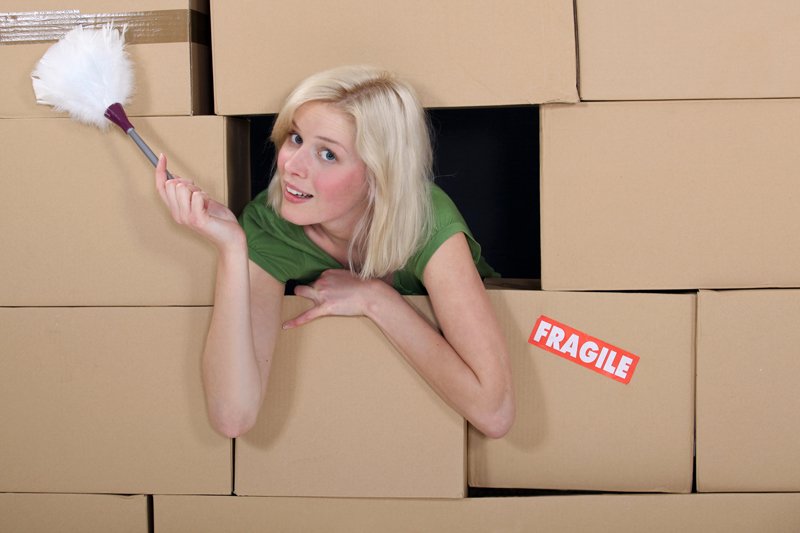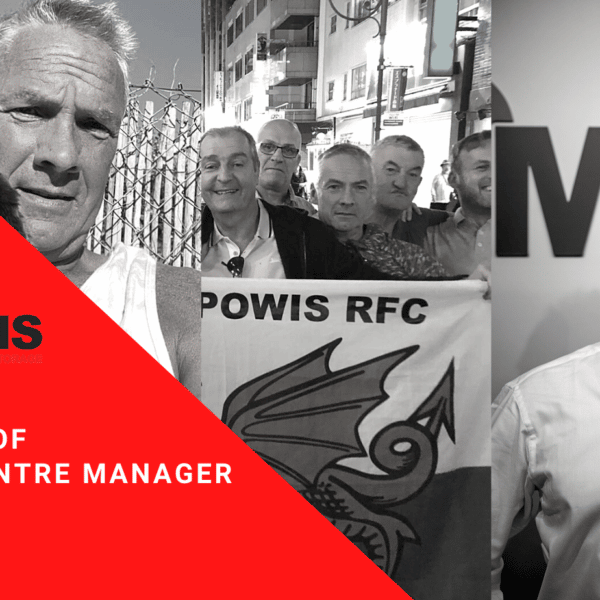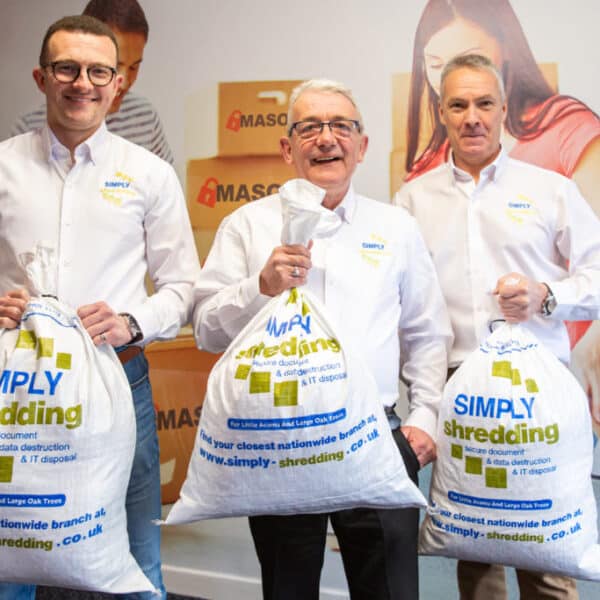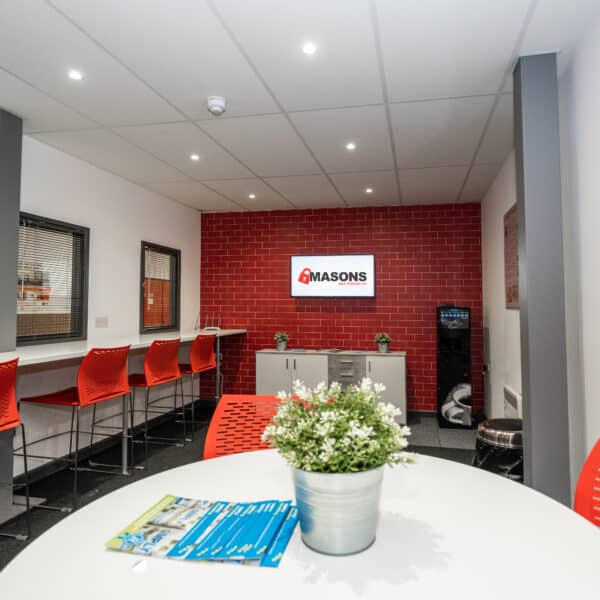
We’re often told that a clean home is a clean mind, and many world renowned psychologists have done incredible research into the benefits of decluttering and having a clutter-free home.
Isn’t it interesting, that every year after the materialistic ritual of Christmas where we exchange piles of ‘stuff’, that we follow this with a January of detox: dry January where we give up alcohol, going out less to help us bounce-back after the expense of Christmas and clearing through clutter. Just a quick search on Google can bring up thousands of articles and forums on the benefits of decluttering, and who can say there isn’t a cathartic release from doing the washing up or having a sort through our wardrobe as the seasons change?
More recently there has been an ‘experiences revolution’, with a push towards memory making and experience based activities over ‘stuff’ as gifts. James Wallman, a trends forecaster, has written a ground-breaking book on the effects of clutter and having too much stuff, in Stuffocation, he states: ‘we have more stuff than we could ever need – clothes we don’t wear, kit we don’t use, and toys we don’t play with. But having everything we thought we wanted isn’t making us happier. It’s bad for the planet. It’s cluttering up our homes. It’s making us feel ‘stuffocated’ and stressed – and it might even be killing us’. And it’s true, memories and experiences will last longer than the newest gadget or a new handbag will ever last.
Psychologists are becoming increasingly concerned over the impact that clutter and too much stuff taking up room in our homes and minds, stating that an attachment to clutter is an emotional condition that can have long term effects on the psyche and create symptoms such as embarrassment and in more serious cases stress and depression. With this increasing awareness around the impact and effects that clutter can have on a person, professional ‘Declutters’ have become increasingly popular in the last year or so. Australian decluttering expert, Peter Walsh, is convinced that being organised and clearing out clutter isn’t only about creating more space in your home but it can also declutter your mind. We all know the feeling of coming home to a clean and organised home, Walsh believes that just the act of decluttering can generate fresh energy, create mental and physical space as well as releasing negative emotions.
Nearer to home, in the Vale of Glamorgan, people are also making a living out of helping people improve their lifestyles with personal & concierge services offering advice and helping people and businesses to organise their space avoiding clutter, Richard Evans, from Cardiff Concierge, is one such expert , and he talks to us about some of his work: he helped one small business by organising an overflowing ‘IN TRAY’ into 3 manageable trays titled, ‘Today,’ ‘This Week’ and ‘This Month.’ Just this small bit of organisation really helped reduce the stress levels of the client and helped them get back to doing what they do best – running their business. However, sometimes the situation can become even more dire and out of hand when a person becomes trapped in a cycle of hoarding and Richard Evans once helped a client who had reached a serious level of hoarding and had really reached his wits end with the state of his home, after a difficult separation from his wife when he started collecting and hoarding items. He developed a mental illness and the state of his home was making him depressed and making things worse. “You couldn’t see the floor anywhere in the clients’ apartment” Richard Evans tells us. “A small team came in to start removing the rubbish and countless items. Thankfully the client was so fed up of the state of things he just wanted to remove the bulk of things and wasn’t particularly precious about many items. All the rubbish and broken items were taken to the local dump, anything of value was put online on eBay and Gumtree. After a few months I visited the client again and he was so much happier. Organising and clearing this man’s home had a huge impact of his life and state of mind”.
Not everyone is ready to let go of it all straight away and many turn to expert storage providers such as Masons Self Storage, who offer flexible storage solutions, for storing their clutter, which can be a great solution to help you make the transition to living with less.
So where do you start? How do you set yourself up not to fail? We turned to the world’s professionals Home Storage Solutions 101, which offer solutions and tips to help you declutter your home, even offering free resources such as declutter calendars and e-books. Here are a few tips to get you started:
- Don’t attack your whole home at once, but room by room
- Be ruthless, if something doesn’t fit, you can’t remember the last time you wore it or it has a hole in it, it’s time for it to go
- Not everything has to be thrown away, sort out what’s rubbish, what can go to the local donation centre, what you might need at a later date but needs to be put in storage and what can go online to be sold on a site like eBay or Gumtree
- If you don’t have the time to have a full declutter, remember little changes like organising your home office or your kitchen sides can help to free up some space – both in your home and in your mind!
- Make sure you dedicate enough time for the task, if you only have an hour to spare, this isn’t the time to attack the living room and have to leave halfway through, just to come home to a mountain of clutter that you had to leave in a rush
And, if you really aren’t going to let go of it all immediately make sure that you choose a self storage option so that you can pop back and forth as many times as you like, before you are ready to say goodbye to your clutter one final time.







